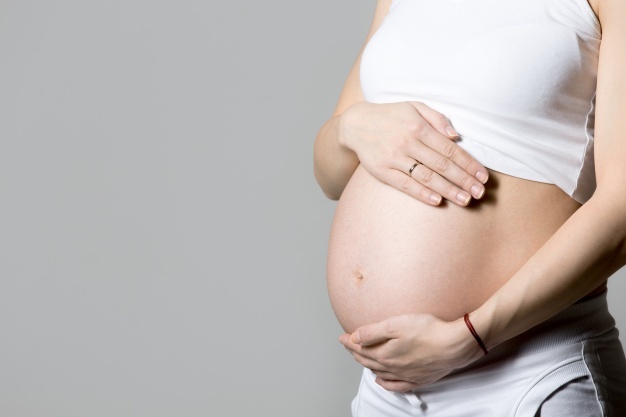Introduction:
As a seasoned gynecologist with 25 years of extensive experience, I understand the
myriad questions and concerns that expecting mothers often have regarding their dietary
choices.
One common query that frequently arises is the association between pineapple
consumption and pregnancy.
In this article, we will delve into the facts, dispel myths, and provide evidence-based
insights into whether pineapple poses any risks or benefits during pregnancy.
Pineapple and Bromelain:
Bromelain Benefits:
One of the primary components of pineapple is bromelain, an enzyme known for its anti-
inflammatory properties.
While some studies suggest that bromelain may contribute to cervical ripening and reduce
inflammation, it’s crucial to note that the concentration of bromelain in a typical serving of
pineapple is relatively low.
Therefore, its impact on pregnancy outcomes is limited.
Pineapple and Uterine Contractions:
Myth Busting:
There is a prevailing myth that consuming pineapple can induce uterine contractions and
potentially lead to preterm labor.
However, scientific evidence supporting this claim is scarce.
In reality, the bromelain content in pineapple is not sufficient to cause uterine contractions,
and moderate consumption is generally considered safe during a healthy pregnancy.
Moderation is Key:
Balanced Consumption:
As with any food during pregnancy, moderation is key.
Pineapple, when enjoyed in reasonable amounts, can be a nutritious addition to a well-
rounded diet.
Its high vitamin C content is beneficial for immune health, and the fruit provides essential
nutrients like manganese and folate.
Addressing Specific Concerns:
Acidic Nature:
Some may worry about the acidity of pineapple affecting digestion or causing discomfort.
However, for most pregnant women, consuming pineapple in moderation should not pose
any digestive issues.
It is essential to pay attention to individual tolerance levels and consult with a healthcare
provider if any concerns arise.
Conclusion:
In conclusion, as a gynecologist with decades of experience, I reassure expecting mothers
that incorporating pineapple into a balanced diet is generally safe during pregnancy.
The key lies in moderation and being mindful of individual reactions.
While pineapple offers nutritional benefits, it’s essential to consult with a healthcare
professional for personalized advice based on your unique health circumstances.
Remember, a varied and nutritious diet, along with regular prenatal care, is
crucial for a healthy pregnancy.
If you have any specific concerns or questions regarding your pregnancy, always consult
with your healthcare provider for guidance tailored to your individual needs.












